
漢德百科全書 | 汉德百科全书
 Greece
Greece

Das griechische Alphabet (altgriechisch ἑλληνικὸς ἀλφάβητος hellēnikós alphábētos; neugriechisch ελληνικό αλφάβητο ellinikó alfávito, auch ελληνική αλφαβήτα ellinikí alfavíta) ist die Schrift, in der die griechische Sprache seit dem 9. Jahrhundert v. Chr. geschrieben wird. Das griechische Alphabet umfasst heute 24 Buchstaben, die ebenso wie im lateinischen Alphabet als Majuskeln (Großbuchstaben) und Minuskeln (Kleinbuchstaben) vorkommen.
Die griechische Schrift ist eine Weiterentwicklung der phönizischen Schrift und war die erste Alphabetschrift im engeren Sinne. Vom griechischen Alphabet stammen u. a. das lateinische, kyrillische und koptische Alphabet ab (siehe Ableitung der lateinischen und kyrillischen aus griechischen Buchstaben).
希腊字母源自腓尼基字母。腓尼基字母只有辅音,从右向左写。希腊语是首个拥有元音字母的字母系统。因为希腊人的书写工具是蜡板,有时前一列从右向左写完后顺势就从左向右写,变成所谓牛耕式转行书写法,后来逐渐演变成全部从左向右写。字母的方向也颠倒了。罗马人引进希腊字母,略微改变变为拉丁字母,在世界广为流行。希腊字母广泛应用到学术领域,如数学等。
| 字母 | 名字 | 对应腓尼基字母 | |||||
|---|---|---|---|---|---|---|---|
| 古希腊语 | 现代希腊语 | 英语 | 中文 | ||||
| 名称 | 英式发音 | 美式发音 | |||||
| Α α | ἄλφα /ä́l.pʰä/ |
άλφα /ˈäl.fä/ |
Alpha | /ˈælfə/ | 阿尔法 | ||
| Β β | βῆτα /bɛ̂ː.tä/ |
βήτα /ˈvi.tä/ |
Beta | /ˈbiːtə/ | /ˈbeɪtə/ | 贝塔 | |
| Γ γ | γάμμα /ɡä́m.mä/ |
γάμα /ˈɣä.mä/ |
Gamma | /ˈɡæmə/ | 伽马 | ||
| Δ δ | δέλτα /dé̞l.tä/ |
δέλτα /ˈðe̞l.tä/ |
Delta | /ˈdɛltə/ | 德尔塔 | ||
| Ε ε | εἶ /êː/ |
ἒ ψιλόν /ˈe̞.psi.lo̞n/ 源于中古希腊语: [5] |
Epsilon | /ˈɛpsɨlɒn/, /ɛpˈsaɪlən/ |
/ˈɛpsɨlɒn/ | 艾普西隆 | |
| Ζ ζ | ζῆτα /d͡zɛ̂ː.tä/ |
ζήτα /ˈzi.tä/ |
Zeta | /ˈziːtə/ | /ˈzeɪtə/ | 泽塔 | |
| Η η | ἦτα /ɛ̂ː.tä/ |
ήτα /ˈi.tä/ |
Eta | /ˈiːtə/ | /ˈeɪtə/ | 伊塔 | |
| Θ θ | θῆτα /tʰɛ̂ː.tä/ |
θήτα /ˈθi.tä/ |
Theta | /ˈθiːtə/ | /ˈθeɪtə/ | 西塔 | |
| Ι ι | ἰῶτα /i.ɔ̂ː.tä/ |
(γ)ιώτα /ˈʝ˗o̞.tä/ |
Iota | /aɪˈoʊtə/ | 约塔 | ||
| Κ κ | κάππα /kä́.pːä/ |
κάπα /ˈkä.pä/ |
Kappa | /ˈkæpə/ | 卡帕 | ||
| Λ λ | λά(μ)βδα /lä́(m)b.dä/ |
λάμ(β)δα /'läm.ðä/ |
Lambda | /ˈlæmdə/ | 拉姆达 | ||
| Μ μ | μῦ /mŷː/ |
μι /ˈmi/ |
Mu | /ˈmjuː/ | /ˈmuː/ | 谬 | |
| Ν ν | νῦ /nŷː/ |
νι /ˈni/ |
Nu | /ˈnjuː/ | /ˈnuː/ | 纽 | |
| Ξ ξ | ξεῖ /ksêː/ |
ξι /ˈksi/ |
Xi | /ˈzaɪ/, /ˈksaɪ/ | 克西 | ||
| Ο ο | οὖ /ôː/ |
όμικρον /ˈo̞.mi.kr̠o̞n/ |
Omicron | /oʊˈmaɪkrɒn/, /ˈɒmɨkrɒn/ |
/ˈɒmɨkrɒn/ | 奥米克戎 | |
| Π π | πεῖ /pêː/ |
πι /ˈpi/ |
Pi | /ˈpaɪ/ | 派 | ||
| Ρ ρ | ῥῶ /r̥ɔ̂ː/ |
ρο /ˈr̠o̞/ |
Rho | /ˈroʊ/ | 柔 | ||
| Σ σ | σῖγμα / σίγμα /sîːŋ.mä/ 或 /síːŋ.mä/ |
σίγμα /ˈsiɣ.mä/ |
Sigma | /ˈsɪɡmə/ | 西格马 | ||
| Τ τ | ταῦ[6]/tä̂u̯/ | ταυ /'täf/ |
Tau | /ˈtaʊ/,/ˈtɔː/ | 陶 | ||
| Υ υ | ὖ /ŷː/ |
ύψιλον
/ˈi.psi.lo̞n/ |
Upsilon | /juːpˈsaɪlən/,/ˈʊpsɨlɒn/ | 宇普西隆 | ||
| Φ φ | φεῖ /pʰêː/ |
φι /ˈfi/ |
Phi | /ˈfaɪ/ | 斐 | ||
| Χ χ | χεῖ /kʰêː/ |
χι /ˈç˗i/ |
Chi | /ˈkaɪ/ | 希 | ||
| Ψ ψ | ψεῖ /psêː/ |
ψι /'psi/ |
Psi | /ˈsaɪ/,/ˈpsaɪ/ | 普西 | ||
| Ω ω | ὦ /ɔ̂ː/ |
ωμέγα /o̞.ˈme̞.ɣä/ |
Omega | /ˈoʊmɨɡə/[7] | /oʊˈmeɪɡə/ | 奥米伽 | |

 History
History
 J 0 - 500 AD
J 0 - 500 AD
 Greece
Greece

 Music
Music
 Music Hall, State Theater, Opera House
Music Hall, State Theater, Opera House

 World Heritage
World Heritage

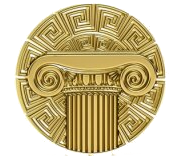 Civilization
Civilization
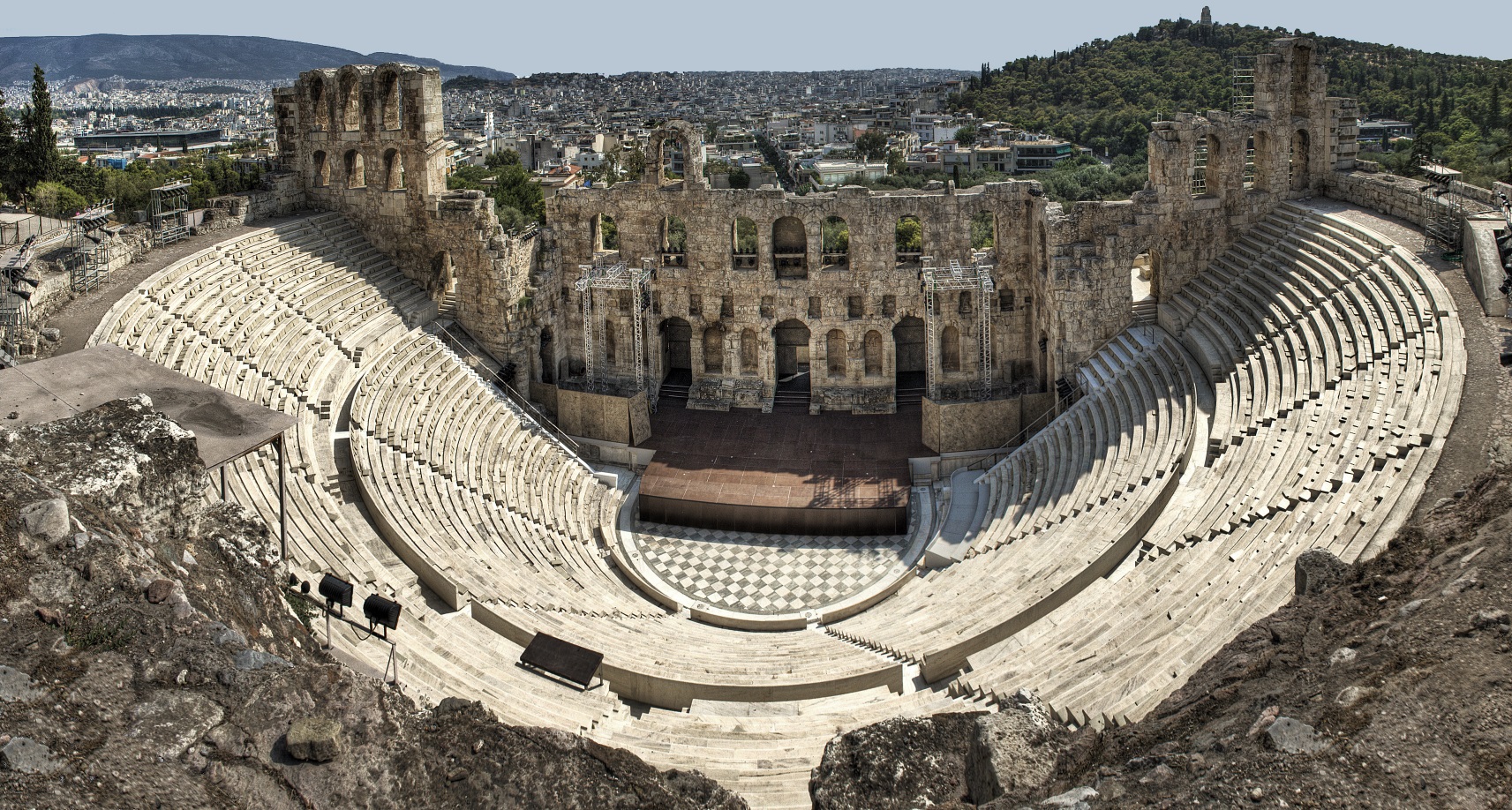
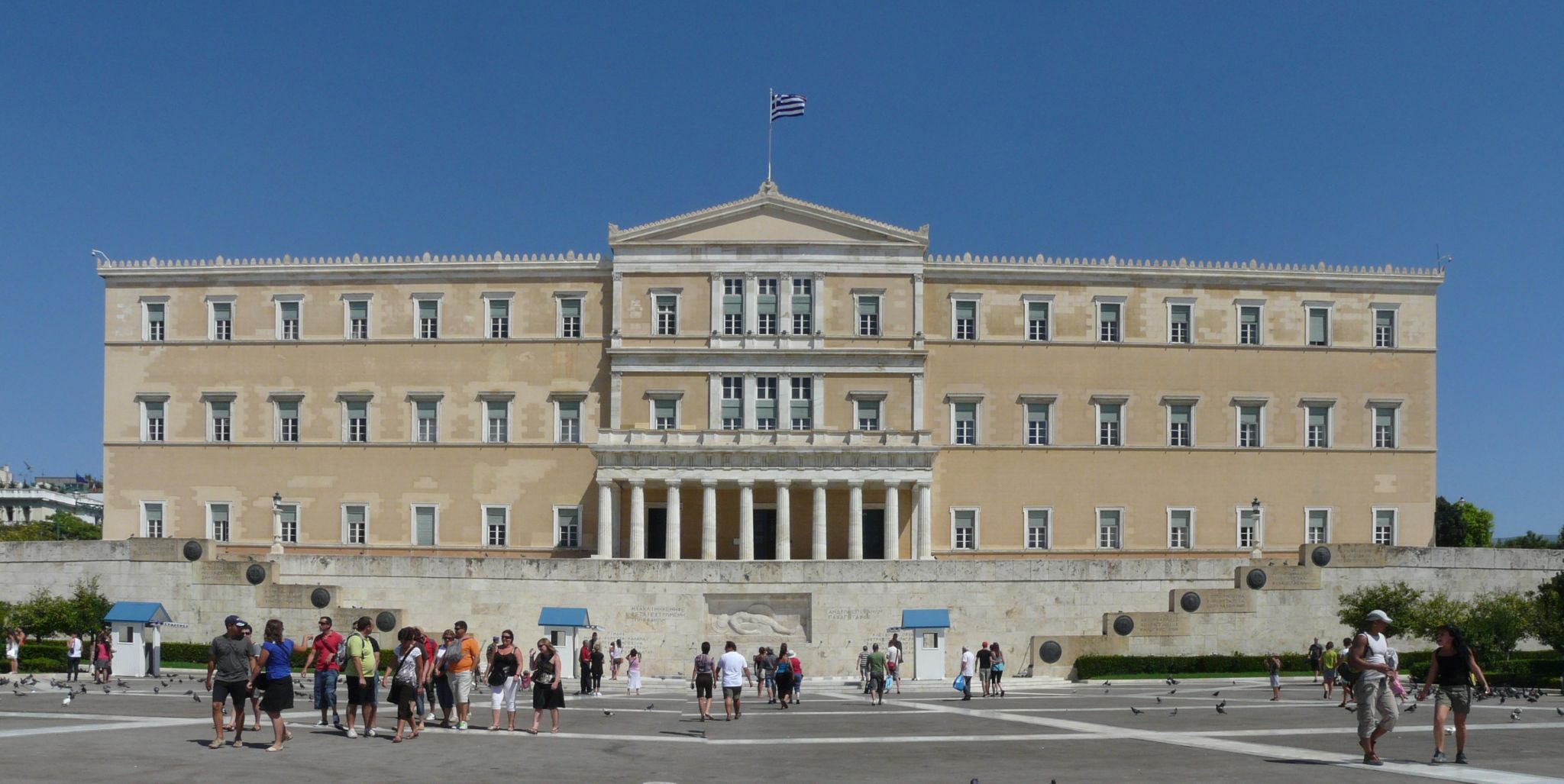

 Eurovision Song Contest,ESC
Eurovision Song Contest,ESC

 History
History
 Greece
Greece

 International cities
International cities
 *European Capital of Culture
*European Capital of Culture
 Olympic Summer Games
Olympic Summer Games
 Silk road
Silk road

 World Heritage
World Heritage

 Important port
Important port

 Civilization
Civilization
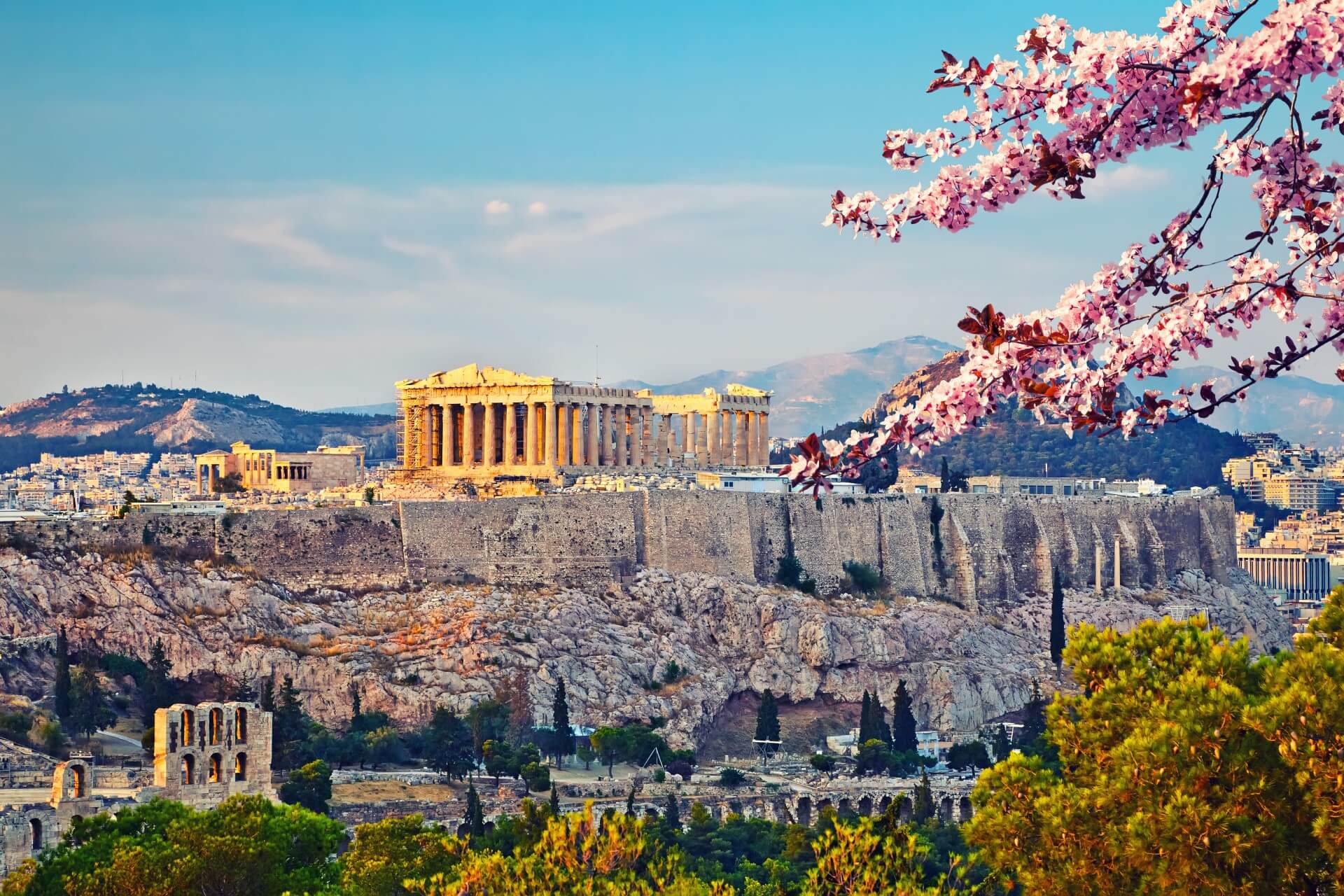
Die Stadt Athen (neugriechisch Αθήνα [aˈθina] (f. sg), Athína; altgriechisch Ἀθῆναι (f. pl.), Athēnai) ist die Hauptstadt Griechenlands. Sie wurde vor etwa 5000 Jahren besiedelt. Athen ist die bevölkerungsreichste und flächengrößte Stadt des Landes. Die Gemeinde Athen im Zentrum des Ballungsraums Athen-Piräus ist dabei relativ klein. Athen im weiteren Sinne umfasst das Gebiet der Regionalbezirke Athen-Zentrum, Athen-Nord, Athen-Süd, Athen-West und einiger umliegender Vororte mit zusammen 4,0 Mio. Einwohnern.[2]
Als kulturelles, historisches und wirtschaftliches Zentrum des Landes ist Athen auch die bedeutendste Metropole Griechenlands. Der Flughafen ist der wichtigste des Landes, während große Häfen sich auswärts in Piräus und Rafina befinden, wo auch der Schiffsverkehr zu den zahlreichen griechischen Inseln abgefertigt wird. Im Schienenverkehr hat Athen nationale, jedoch keine internationale Bedeutung.
Die Stadt ist seit der Jungsteinzeit kontinuierlich besiedelt[3] und damit eine der ältesten Siedlungen und Städte Europas. 1985 wurde Athen erste Kulturhauptstadt Europas. In die Liste des Weltkulturerbe der UNESCO wurde 1987 die Akropolis und 1990 das Kloster Daphni aufgenommen.
Athen war in der klassischen Zeit Ort der attischen Polis. Die in dieser Zeit (5. Jahrhundert v. Chr.) entstandene attische Demokratie gilt als Begründerin einer auf dem Prinzip der Volkssouveränität gegründeten politischen Ordnung.
雅典是希腊的首都,也是希腊最大的城市和工业中心。山海掩映,阳光璀璨,素以欧洲文明的摇篮、丰富的历史遗迹而著称,清新的空气、宜人的气候也闻名于世。每年有600-700万世界各地的游客前来观光或度假。
雅典建城至今已经有5000多年的历史,公元前8世纪,爱奥尼亚人建成的雅典是古希腊城邦的盟主。古代雅典是西方文化的源泉,雅典人对艺术、哲学、法律、科学作出了杰出的贡献。公元前5世纪为雅典的鼎盛时期,出现了许多不朽的大师。大悲剧家欧里庇德斯、大喜剧家阿里斯托芬、哲学家苏格拉底、柏拉图、亚里斯多德、历史学家希罗多德等都在这里诞生或居住过,这些光辉的名字照耀着人类文化的黎明。
雅典是希腊的古文物中心,至今仍保存着很多古代文化遗址,如今仍能显出当年的雄伟气概。雅典的博物馆世界驰名。
跨越时空两千五百年正是雅典给人的感觉,山丘上的卫城是西元前五百年的伟大艺术杰作,而山下的波拉卡区千年来就是一本希腊人的生活宝库,而身为希腊的首都及最大的城市,雅典的现代化建筑,拥挤的交通和空气污染严重,又和世界一般大都会无异。
现在雅典是全世界旅游爱好者的度假胜地。蔚蓝的爱琴海边涛声依旧,雅典的一砖一砾都闪烁着人类文明的光辉。 (Quelle:http://eur.bytravel.cn)
雅典(希腊语:Αθήνα,Athína,[aˈθina];古希腊语:Άθῆναι,转写:Athēnai)是希腊首都,也是希腊最大的城市。雅典位于巴尔干半岛南端,三面环山,一面傍海,西南距爱琴海法利龙湾8公里,属亚热带地中海气候。基菲索斯河和伊利索斯河穿城而过。市内多小山。
雅典是世界上最老的城市之一,有记载的历史就长达3000多年。现在雅典是欧洲第八大城市[1]。雅典是希腊经济、财政、工业、政治和文化中心。雅典也是欧盟商业中心之一。市区人口330万,加上郊区人口共有380万人口。城市的面积为39平方公里,加上郊区为412平方公里。[2]
古雅典是一个强大的城邦,是驰名世界的文化古城。希腊是西方哲学的摇篮,是柏拉图学院和亚里士多德的讲学场所的所在地。[3][4]苏格拉底、希罗多德、伯里克利、索福克勒斯、阿里斯托芬、欧里庇得斯、埃斯库罗斯和其他著名的哲学家、政治家和文学家都在雅典诞生或居住过[5],雅典也因此被称作“西方文明的摇篮”和民主的起源地。[6]公元前5世纪和4世纪在文化和政治上的成就对欧洲及世界文化产生重大影响。[7]
雅典至今仍保留了很多历史遗迹和大量的艺术作品,其中最著名的是雅典卫城的帕提农神庙,是西方文化的象征。
雅典是现代奥运会起源的地方。1896年曾举办过第一届夏季奥运会。2004年,第二十八届夏季奥林匹克运动会在雅典举行。
アテネ(現代ギリシア語: Αθήνα; Athína; IPA: [aˈθina]; カサレヴサ: Ἀθῆναι, Athinai; 古代ギリシア語: Ἀθῆναι, Athēnai)は、ギリシャ共和国の首都で同国最大の都市である。
アテネはアッティカ地方にあり、世界でももっとも古い都市の一つで約3,400年の歴史がある。古代のアテネであるアテナイは強力な都市国家であったことで知られる。芸術や学問、哲学の中心で、プラトンが創建したアカデメイアやアリストテレスのリュケイオン[1][2]があり、西洋文明の揺籃や民主主義の発祥地として広く言及されており[3][4]、その大部分は紀元前4-5世紀の文化的、政治的な功績により後の世紀にヨーロッパに大きな影響を与えたことは知られている。[5]今日の現代的なアテネは世界都市としてギリシャの経済、金融、産業、政治、文化生活の中心である。2008年にアテネは世界で32番目に富める都市に位置し[6]、UBSの調査では25番目に物価が高い都市[7]に位置している。
アテネ市の人口は655,780人[8](2004年は796,442人)[9]、市域面積は39 km2 (15 sq mi)[10]である。アテネの都市的地域(大アテネや大ピラエウス)は市域を超えて広がっており、人口は2011年現在3,074,160人に達し[11]、都市的地域の面積は412 km2 (159 sq mi)[10]である。ユーロスタットによれば大都市圏地域(Larger Urban Zones,LUZ) (en) の人口は欧州連合域内では7番目に大きい。
古典ギリシア(英語版)の文化的遺産は今でもはっきりとしており、多くの古代遺跡や芸術作品が象徴している。もっとも有名で代表的なものにはパルテノン神殿があり初期の西洋文明の鍵となるランドマークと見なされる場合もある。アテネにはローマ帝国支配下のギリシャやビザンティンの遺跡もあり同様に少数のオスマン帝国の遺跡も残されているなど、何世紀にもわたる長い歴史を投影するモニュメントとなっている。アテネには2つのユネスコの世界遺産がありアテナイのアクロポリスと中世のダフニ修道院がそうである。現代のランドマークはギリシアが1833年に独立国となりアテネが首都に制定された時のもので、ギリシャ議会の議事堂や3部作(Trilogy )で構成されたギリシア国立図書館(英語版)、アテネ大学、アテネアカデミー(英語版)が含まれる。アテネは、最初の近代オリンピックであるアテネオリンピックと、その108年後に開催されたアテネオリンピック (2004年)の2度のオリンピックの舞台である。[12]アテネにはアテネ国立考古学博物館があり、世界最大の古代ギリシアの遺品の収蔵を特徴とし新しい2008年に完成したアクロポリス博物館もある。ギリシャ正教会の首長であるアテネ大主教が所在し、精神的な中心地でもある。(ギリシャ正教会は正教会に属し、クレタ島を除くギリシャ一国を管轄する。)正教会の定めるアテネの守護聖人は、ディオニシオス・オ・アレオパギティス、イェロテオス、フィロセイ。1985年には欧州文化首都に選ばれた。
Athens (/ˈæθɪnz/;[3] Greek: Αθήνα, Athína [aˈθina]; Ancient Greek: Ἀθῆναι, Athênai [a.tʰɛ̂ː.nai̯]) is the capital and largest city of Greece. Athens dominates the Attica region and is one of the world's oldest cities, with its recorded history spanning over 3,400 years[4] and its earliest human presence starting somewhere between the 11th and 7th millennium BC.[5]
Classical Athens was a powerful city-state that emerged in conjunction with the seagoing development of the port of Piraeus, which had been a distinct city prior to its 5th century BC incorporation with Athens. A centre for the arts, learning and philosophy, home of Plato's Academy and Aristotle's Lyceum,[6][7] it is widely referred to as the cradle of Western civilization and the birthplace of democracy,[8][9] largely because of its cultural and political impact on the European continent, and in particular the Romans.[10] In modern times, Athens is a large cosmopolitan metropolis and central to economic, financial, industrial, maritime, political and cultural life in Greece. In 2012, Athens was ranked the world's 39th richest city by purchasing power[11] and the 67th most expensive[12] in a UBS study.
Athens is a global city and one of the biggest economic centres in southeastern Europe. It has a large financial sector, and its port Piraeus is both the largest passenger port in Europe,[13][14][15][16] and the second largest in the world.[17][dead link] The Municipality of Athens (also City of Athens) had a population of 664,046 (in 2011)[2] within its administrative limits, and a land area of 38.96 km2 (15.04 sq mi).[18][19] The urban area of Athens (Greater Athens and Greater Piraeus) extends beyond its administrative municipal city limits, with a population of 3,090,508 (in 2011)[20] over an area of 412 km2 (159 sq mi).[19] According to Eurostat[21] in 2011, the functional urban area (FUA) of Athens was the 9th most populous FUA in the European Union (the 6th most populous capital city of the EU), with a population of 3.8 million people. Athens is also the southernmost capital on the European mainland.
The heritage of the classical era is still evident in the city, represented by ancient monuments and works of art, the most famous of all being the Parthenon, considered a key landmark of early Western civilization. The city also retains Roman and Byzantine monuments, as well as a smaller number of Ottoman monuments. Athens is home to two UNESCO World Heritage Sites, the Acropolis of Athens and the medieval Daphni Monastery. Landmarks of the modern era, dating back to the establishment of Athens as the capital of the independent Greek state in 1834, include the Hellenic Parliament and the so-called "architectural trilogy of Athens", consisting of the National Library of Greece, the National and Kapodistrian University of Athens and the Academy of Athens. Athens is also home to several museums and cultural institutions, such as the National Archeological Museum, featuring the world's largest collection of ancient Greek antiquities, the Acropolis Museum, the Museum of Cycladic Art, the Benaki Museum and the Byzantine and Christian Museum. Athens was the host city of the first modern-day Olympic Games in 1896, and 108 years later it welcomed home the 2004 Summer Olympics, making it one of only a handful of cities to have hosted the Olympics more than once.[22]
Athènes (en grec ancien Ἀθῆναι / Athễnai — le nom est toujours pluriel —, en grec moderne Αθήνα [a'θina] / Athína) est la capitale et la plus grande ville de la Grèce. En 2011, elle compte 664 046 habitants intra-muros sur une superficie de 39 km2. Son aire urbaine, le Grand Athènes, qui comprend notamment le port du Pirée, en compte plus de 3 millions. Berceau de la civilisation occidentale et dotée d'un riche passé, la ville est aujourd'hui le cœur politique, économique et culturel de la République hellénique, dont elle accueille la plupart des institutions, comme le Parlement, l'Áreios Págos (cour suprême) et le siège du Gouvernement.
Athènes est l'une des plus anciennes villes au monde, avec une présence humaine attestée dès le Néolithique. Fondée vers -800 autour de la colline de l'Acropole — par le héros Thésée, selon la légende —, la cité domine la Grèce au cours du Ier millénaire av. J.‑C.. Elle connaît son âge d'or au Ve siècle av. J.-C., sous la domination du stratège Périclès : principale puissance militaire de Grèce, à la tête d'une vaste alliance de cités, elle est également le cœur culturel de la Méditerranée. Première république de l'histoire, la démocratie athénienne connaît une vie intellectuelle importante, rassemblant des philosophes antiques (Socrate, Platon, Aristote), des auteurs de théâtre (Eschyle, Sophocle, Euripide, Aristophane) et l'historien Thucydide. De nombreux témoignages de cette période faste ont été conservés, comme le Parthénon, l'Agora (qui comprend notamment le temple d'Héphaïstos), l'Olympéion, le théâtre de Dionysos ou encore le Stade panathénaïque.
Intégrée au royaume de Macédoine, puis à l'Empire byzantin — période durant laquelle fut bâti le monastère de Daphni —, Athènes est conquise par l'Empire ottoman en 1456 et reste sous sa domination jusqu'en 1822, année de l'indépendance de la Grèce. Elle en devient la capitale et connaît une importante croissance urbaine. Occupée lors des deux guerres mondiales, la ville est ravagée par les destructions de la guerre civile grecque (1946 – 1949). Durant la seconde moitié du XXe siècle, Athènes devient le cœur économique et universitaire d'une Grèce en plein développement, dont les symboles sont les grandes avenues commerçantes telles que l'avenue Kifissias ou l'avenue Vasilissis Sofias. Frappée de plein fouet par la crise grecque depuis 2009, la ville a perdu plusieurs dizaines de milliers d'habitants et fait face à d'importantes difficultés économiques.
La ville s'étend sur la plaine d'Attique, sur les rives de la mer Égée. Elle est le chef-lieu du district régional d'Athènes-Centre et la capitale de la périphérie d'Attique, mais aussi celle du diocèse décentralisé du même nom. Le quartier le plus ancien, Pláka, est situé en contrebas de l'Acropole et comprend notamment la place Monastiráki. Kolonáki est le quartier huppé, à proximité de la place Syntagma. Enfin, Exárcheia est le quartier alternatif et branché de la ville, foyer de l'anarchisme en Grèce et de la contestation populaire depuis la crise. Grâce à son climat méditerranéen et ses nombreux musées, comme le musée de l'Acropole ou le musée national archéologique, Athènes est l'une des principales destinations touristiques d'Europe. Elle a également accueilli les Jeux olympiques d'été en 1896 et en 2004.
Atene (AFI: /aˈtɛne/[2]; in greco Αθήνα, traslitterato in Athína; in greco antico: Ἀθῆναι, Athḕnai)[3] è un comune greco di 655 780 abitanti,[1] capitale della Repubblica Ellenica, capoluogo dell'unità periferica di Atene Centrale e della periferia dell'Attica.
Il comune di Atene, stricto sensu, ha una superficie di 39 km², ma l'area metropolitana intesa come Grande Atene[4] ha un'estensione di 412 km² con 4 013 368 abitanti, ed è così la settima conurbazione più grande dell'Unione europea, e la quinta capitale più popolosa dell'Unione.[5]
Atene è una metropoli cosmopolita ed è il centro economico, finanziario, industriale e culturale della Grecia, e ha una notevole importanza a livello europeo, ma anche mondiale.[6] Nel 2012 è stata classificata come la 39ª città più ricca del mondo per potere d'acquisto[7] e come la 77ª più costosa[8] in una ricerca effettuata dalla società svizzera UBS.
È nota in tutto il mondo per la nascita della democrazia, per essere stata la sede dell'accademia di Platone e del liceo di Aristotele, oltre che aver dato i natali a Socrate, Pericle, Sofocle e molti altri filosofi e personaggi importanti dell'antichità. Tra le città più antiche del mondo,[9] è stata una fiorente polis ed è considerata la culla della civiltà occidentale.[10] Nel XXI secolo è stata al centro dell'attenzione di tutto il mondo per aver organizzato con successo i Giochi della XXVIII Olimpiade nel 2004 e per l'inaugurazione del Nuovo Museo dell'Acropoli nel 2009, che ha riaperto il dibattito riguardante i Marmi del Partenone.
Dall'aprile 2018 all'aprile 2019, Atene sarà capitale mondiale del libro.[11]
La città è anche la sede del Santo Sinodo della Chiesa di Grecia, presso il Monastero di Petraki.
Tradizionalmente la protettrice della città è la dea Atena, raffigurata sia sullo stemma che sulla bandiera della città.
Atenas (griego antiguo: Ἀθῆναι, romanización: Athēnai, griego moderno: Αθήνα, romanización: Athína) es la capital de Grecia y actualmente la ciudad más grande del país. La población del municipio de Atenas es de 664 046 (en 2011), pero su área metropolitana es mucho mayor y comprende una población de 3,8 millones (en 2011). Es el centro principal de la vida económica, cultural y política griega.
La historia de Atenas se extiende más de tres mil años, lo que la convierte en una de las ciudades habitadas más antiguas. Durante la época clásica de Grecia, fue una poderosa ciudad estado que nació junto con el desarrollo de la navegación marítima del puerto de El Pireo y que tuvo un papel fundamental en el desarrollo de la democracia. También fue un centro cultural donde vivieron muchos de los grandes artistas, escritores y filósofos de la Antigüedad. Estas contribuciones de Atenas al pensamiento de su época tuvieron una gran influencia en el desarrollo de Grecia, de Roma y de la cultura occidental.
Atenas es una ciudad rica en restos arqueológicos de extraordinaria importancia, de los cuales el más famoso es el Partenón en la Acrópolis. Además de construcciones de la época clásica griega, también se conservan monumentos romanos y bizantinos, así como varias construcciones modernas notables.
Афи́ны (греч. Αθήνα, МФА: [aˈθina]) — столица Греции. Располагается в исторической области Аттика и является экономическим, культурным и административным центром страны. Город назван в честь богини войны и мудрости Афины, которая была покровителем древнего полиса. Афины имеют богатую историю; в классический период (V век до н. э.) город-государство достигло вершины своего развития, определив многие тенденции развития позднейшей европейской культуры. Так, с городом связаны имена философов Сократа, Платона и Аристотеля, заложивших основы европейской философии, трагиков Эсхила, Софокла и Еврипида, стоявших у истоков драмы; политическим строем древних Афин была демократия.
Площадь территории городской агломерации — 412 км². Эта территория окружена горами: Эгалео (греч.)русск., Парнис, Пенделикон и Имитос. Общая численность населения городской агломерации составляет 1/3 от общей численности населения Греции и составляет, в соответствии с переписью 2011 года, 3 090 508 человек. Таким образом плотность населения городской агломерации — 7500 человек на 1 км². Высота центра города над уровнем моря составляет 20 метров, в то время как рельеф территории города очень разнообразен, с равнинами и горами.

Veranstaltungen Leichtathletik-Europameisterschaften 1982 Endspiele des griechischen Fußballpokals (jährlich mit Unterbrechungen) UEFA-Europapokal-der-Landesmeister-Finale 1983 Leichtathletik-Juniorenweltmeisterschaften 1986 UEFA-Europapokal-der-Pokalsieger-Finale 1987 UEFA-Champions-League-Finale 1994 Leichtathletik-Weltmeisterschaften 1997 Olympische Sommerspiele 2004 Sommer-Paralympics 2004 UEFA-Champions-League-Finale 2007 Fußballspiele von AEK Athen (1985–1987, 2004–2022) Fußballspiele von Panathinaikos Athen (1984–2002, 2005–2007, 2008–2013, 2018–2020) Fußballspiele von Olympiakos Piräus (1984–1989, 1997–2002) Fußballspiele der griechischen Nationalmannschaft Konzerte

 Colleges and Universities in Europe
Colleges and Universities in Europe
 Greece
Greece
 Nobel prize
Nobel prize
 University/Institute
University/Institute
 Nobel prize
Nobel prize
 Nobel Prize in Literature
Nobel Prize in Literature



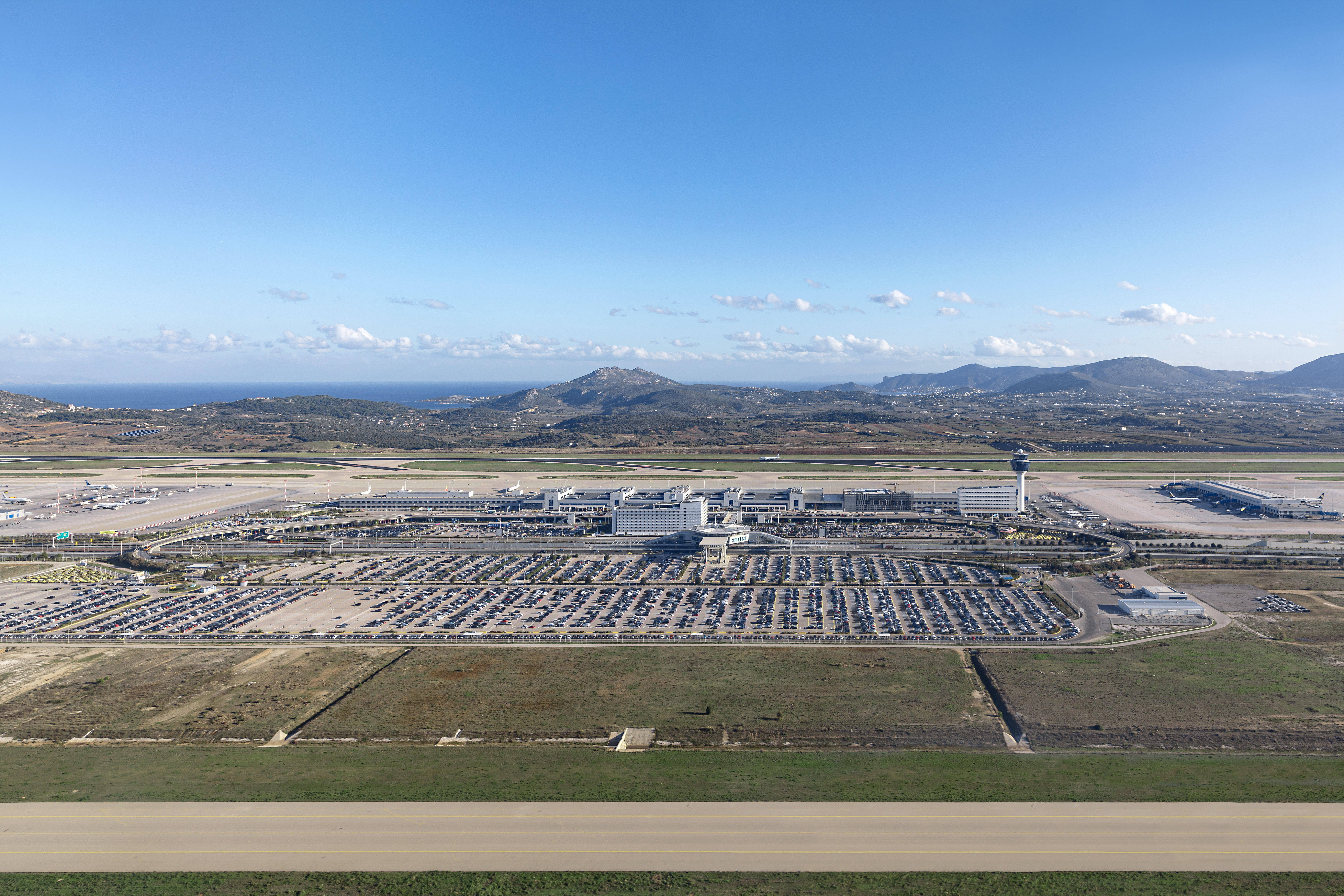
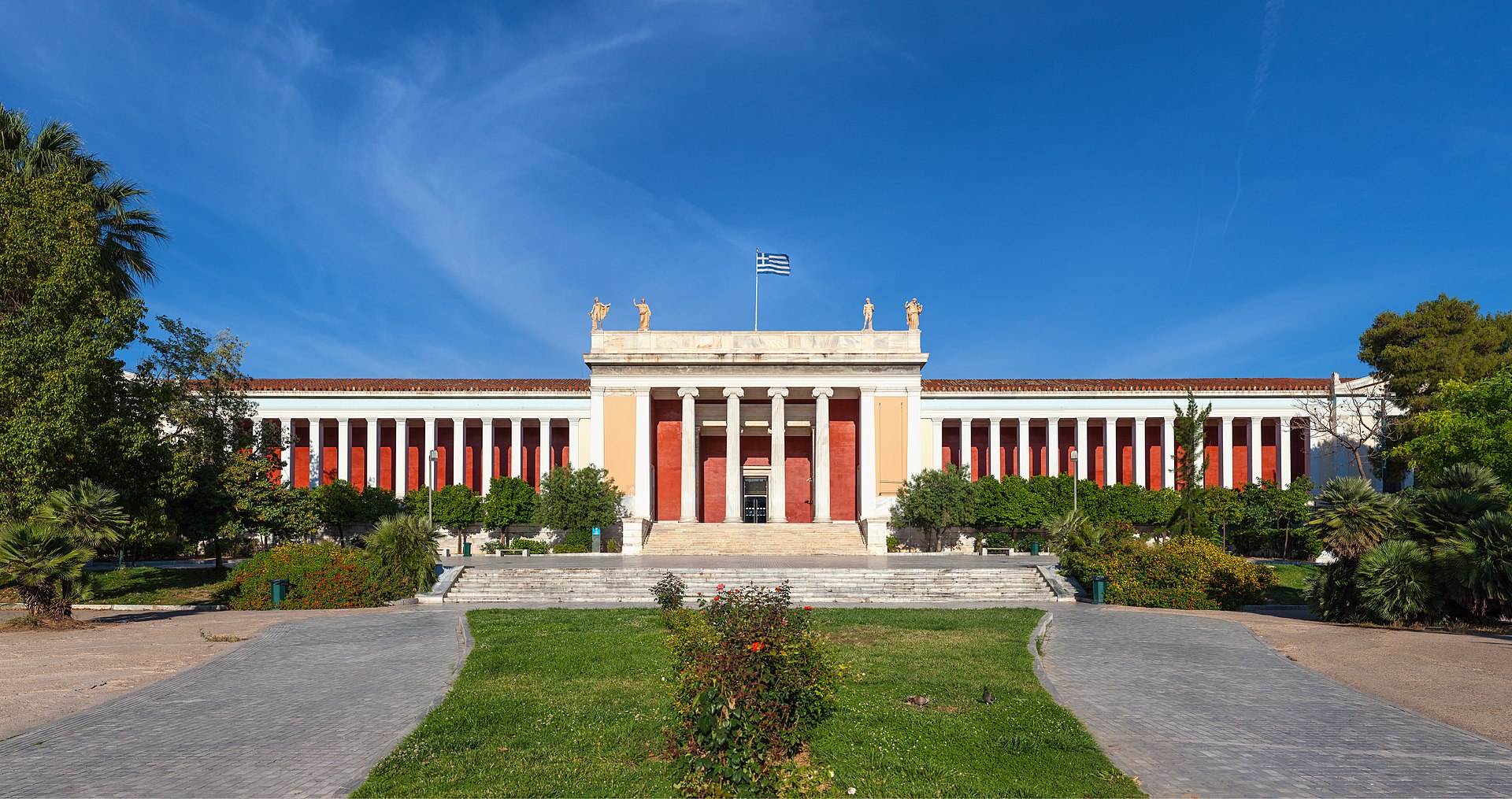
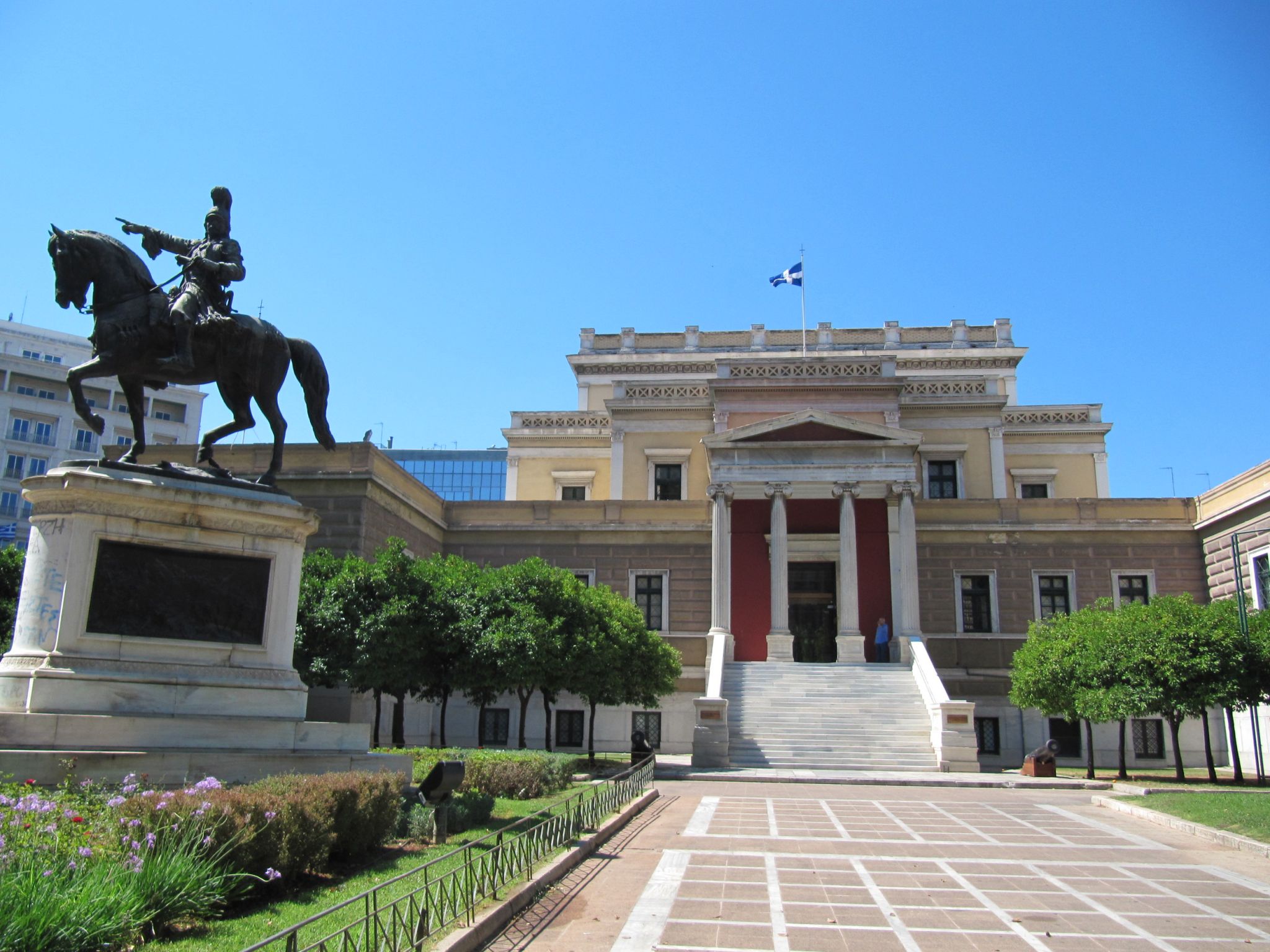
 Science and technology
Science and technology
 Architecture
Architecture
 Party and government
Party and government
 Transport and traffic
Transport and traffic
 Sport
Sport
 Art
Art
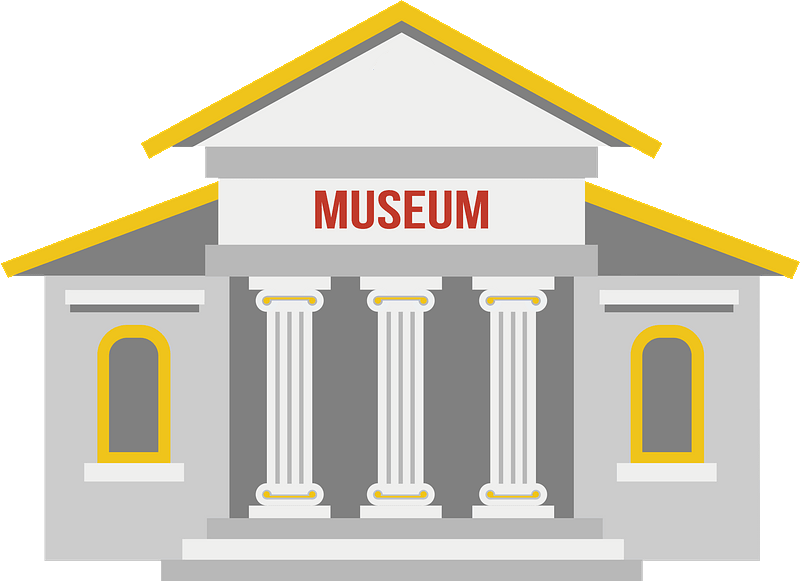 Museum
Museum